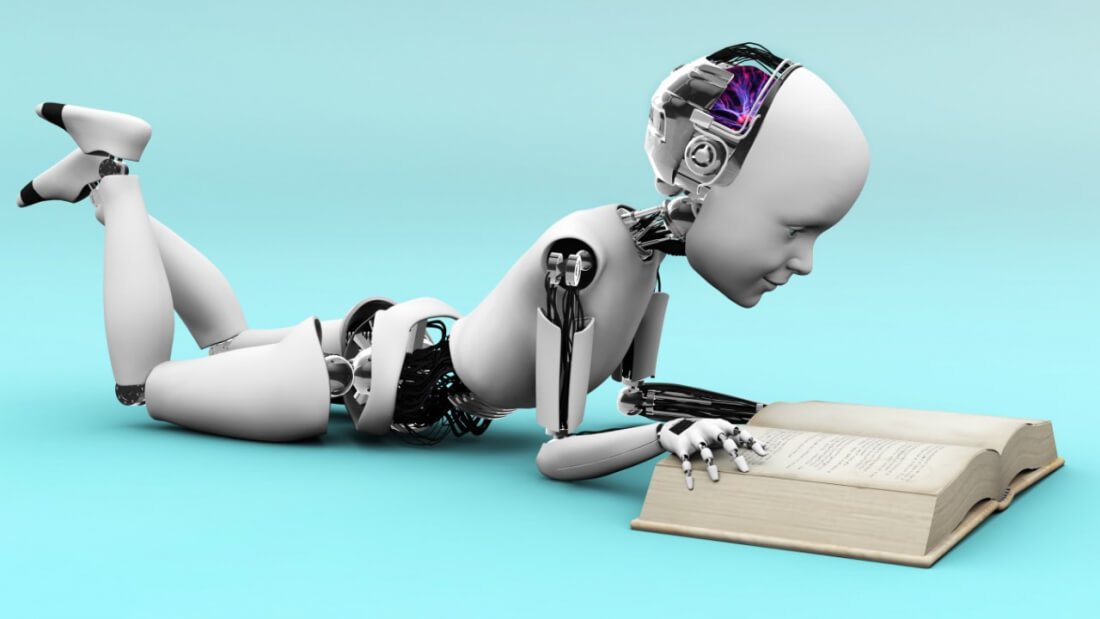The tech landscape as we know it is about to be obliterated. No, I'm not talking about the impact of a Trump presidency, but something bigger---much bigger.
The impact of Artificial Intelligence (AI) and related technologies, including machine learning, deep learning and neural networks, is now starting to be felt almost everywhere we look. (See my previous column "Learning About Deep Learning" for more.) From everyday devices like PCs and smartphones, to media companies like Facebook, to smart home security services, to connected cars and even to medical diagnostics, the influence of AI is growing rapidly.
Not only is it changing the products and services we use, it's dramatically reshaping the technical infrastructure behind cloud-based services ranging from web searching to communications bots to personalized advertising (unfortunately!) and much more.
Driving improvements in AI performance is also becoming a key motivating factor for product developments and strategic partnerships. In fact, it seems like virtually all the biggest news-related announcements from tech vendors now have some kind of AI-related angle.
On the semiconductor side, for example, nVidia, AMD, Intel, Qualcomm and many others are focused on creating chips and software that can drive massive improvements in deep learning in large data centers. At this week's SC16 supercomputing conference, for example, nVidia talked about its efforts on the Cancer Moonshot, a project it's working on with the National Cancer Institute and the US Department of Energy to deliver a decade of advances in cancer research in just five years thanks to GPU-driven AI applications.
AMD unveiled a new partnership with Google for using its latest GPUs in Google's Compute Engine and Cloud Machine Learning services, as well as enhancements to its open-source AI-focused Radeon Open Compute Platform (ROCm).
In the world of media, Facebook just announced that it's planning to leverage AI to help combat its problem with fake news stories. In the devices world, Apple has talked about its AI efforts to help make Siri smarter about your needs and interests, while still maintaining privacy. Google, meanwhile, is leveraging AI to build up a whole range of services that are both more contextually aware of the environments you might find yourself in, as well as personally aware of the specific ways you like to use them.
The question is, are we ready for the onslaught of AI? It's clear that tech-related companies certainly are. But for individuals, the answers are a bit more opaque.
In short, we're being surrounded by the first significant fruits from the long-growing but previously near-barren AI tree. For many, these fruits may not offer much taste yet, but it's clear from early nibbles, that we're due for an explosion of flavor.
The question then is, are we ready for the onslaught of AI? Based on numerous signs, it's clear that tech-related companies certainly are. But for individuals, the answers are a bit more opaque. Sure, it's easy to get excited about the possibilities that AI and related technologies offer, but there can be downsides as well, particularly regarding privacy.
The real trick behind many AI-based products and services is to recognize patterns and then react to those patterns based on previous knowledge about an individual's preferences. In a positive case, a digital assistant might be able to use that knowledge to help you make better decisions.
As many have started to recognize, however, technologies with good intentions can often be used in unexpected and negative ways. The same set of data about your habits and preferences could be leveraged by criminals to figure out how and when to digitally burglarize you, for example.
Unfortunately, understanding not just the intentions but the decidedly human biases that creep into (or even form the foundation of) the algorithms that drive AI-based products can be very challenging. Nevertheless, as the AI era dawns around us, it's best to be prepared for a wide range of potential outcomes, with the knowledge that there are bound to be few unpleasant bumps along the way.
Bob O'Donnell is the founder and chief analyst of TECHnalysis Research, LLC a technology consulting and market research firm. You can follow him on Twitter @bobodtech. This article was originally published on Tech.pinions.
